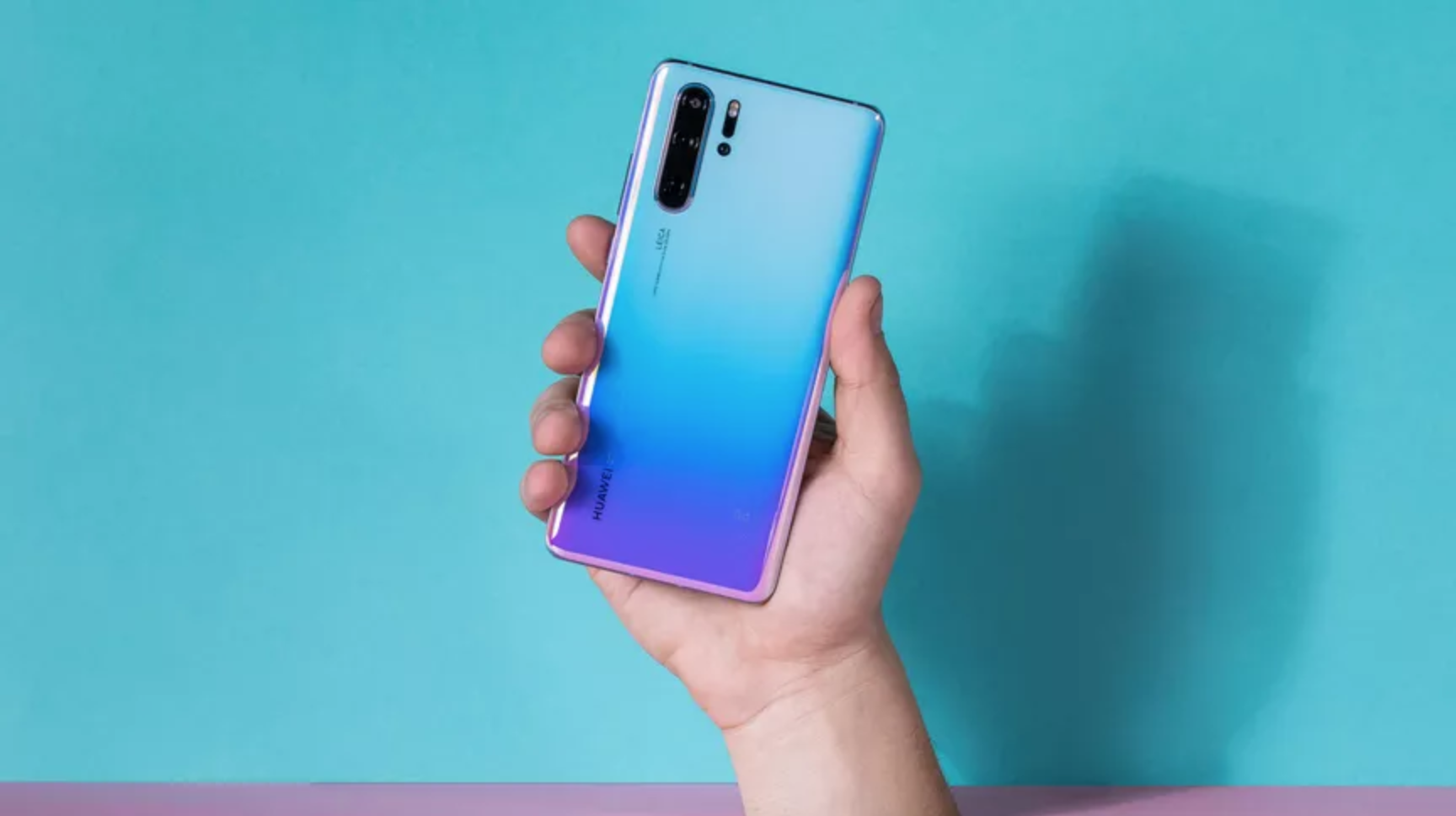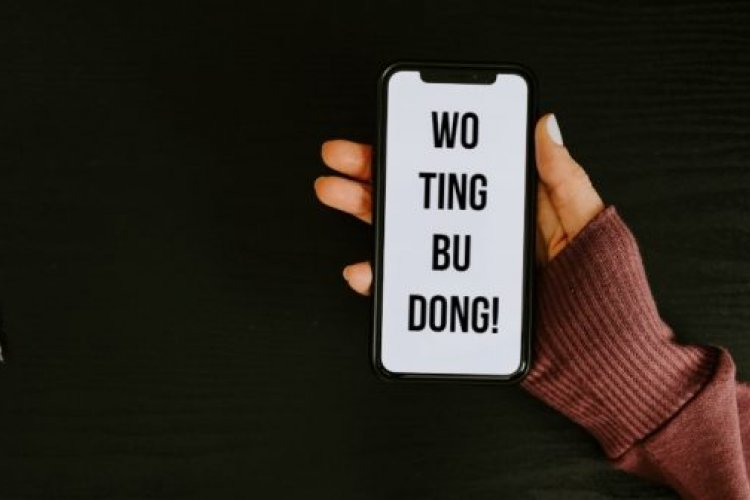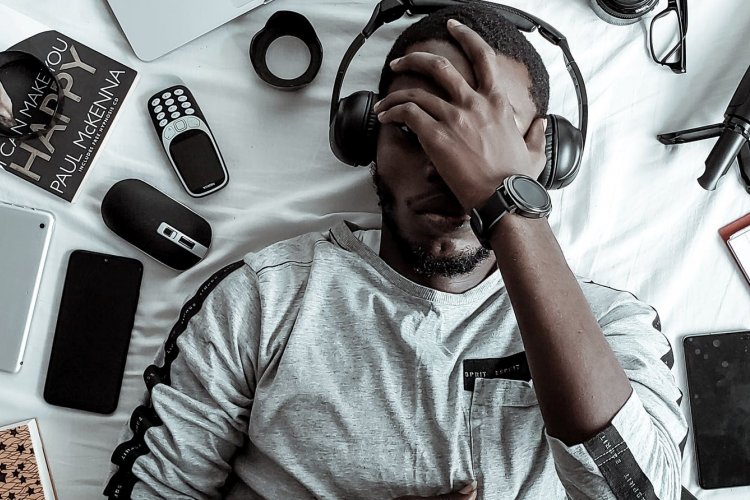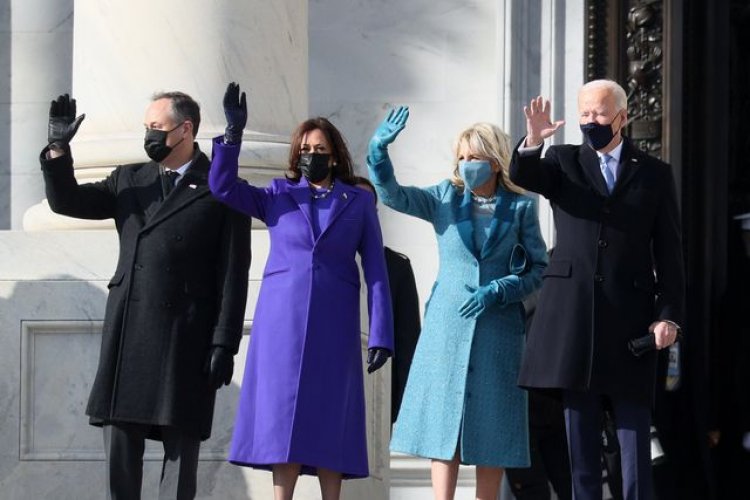Behind the Controversy: Huawei Users Speak
Amid trade war tensions, Huawei is the oft-referenced pariah or champion (as the case may be), exemplifying questions about the direction of 5G, the future for US-China bilateral trade, and the fairness of emerging technological standards. Behind these controversial questions are Huawei’s customers, Chinese and expat alike, who use the company’s devices on a daily basis. What do they think of their functionality, technology, and service? How do they balance these factors with Huawei’s increasingly politicized nature? To find out, we turned to some of the Beijinger’s own staff and freelancers (including yours truly) who offered their perspectives.
The Pros
Camera and image quality, battery life, and price point were clear appeals across surveyed users.
Tom Arnstein, our esteemed editor, was a two-year Huawei veteran, and initially attracted by the promise of a high-quality phone camera at an affordable price. Robynne Tindall, a contributing author, had similar praise for her Huawei P20 Pro, remarking “My main consideration was price, it just started to seem ridiculous to pay GBP 1,000 for the latest iPhone when a lot of other phones have similar, if not better, specs.” She was drawn additionally by good user feedback from other friends who had switched to Chinese brand phones and were pleased with the results. For my part, I switched from the dirt-cheap Hisense (yes, the same brand of your air conditioner, TV, and minifridge) and was grateful for the tremendous update in image quality, storage, and battery life at a reasonable price.
The Cons
While initially pleased with their Huawei products, users experienced some decreases in quality following a year of usage, either in terms of battery life and app functionality or in photo quality. Relying on Huawei’s app store was an additional drawback, as expat must-haves can be challenging to access through a Chinese-hosted infrastructure. This can mean that users have to rely on workarounds to install Google associated platforms, or simply have a foreign phone and a Chinese phone to access both China conveniences and social networks from home.
In addition to hardware concerns, Huawei’s privacy policy and data terms are increasingly heavy-handed, affecting use negatively. Arnstein says, “About three months before I decided to switch phones, a new advert for a Huawei product, or just a picture of some model selling something, would appear on my screen and there was no way to opt out. The phone would also download a cache of daily – mostly innocuous pictures of flowers, landscapes, people, and cars – that I would need to delete manually. That became particularly annoying once I started running out of internal memory.” In addition to this unwanted content, some users reported discomfort with Huawei’s use of customer data for politicized purposes – a prospect that eroded trust in the company’s products.
Some of True Run Media’s own illustrious high-school interns provided the perspective of the younger generation on brand appeal and special considerations. They report that Huawei is decidedly less popular amongst the international school adolescent crowd, primarily because of brand loyalty and cross-product functionality. As most international students are required to have Apple laptops, iPhones are a convenient choice. For both Western and the large population of Korean students, Apple or Samsung products are preferred based on nationally ingrained preferences, leaving mostly Chinese students to choose Huawei devices.
The Verdict: You Decide!
Ultimately, Huawei’s review was pretty mixed. Based on hardware alone, their products score pretty well by our trusted reviewers. However, recent controversy and the negative press around Huawei’s questionable data protections made these users more inclined to choose alternatives.
READ: Trade War Meets Beijing’s F&B Scene: How Will New Tariffs Impact Your Wallet?
Image: CNET







